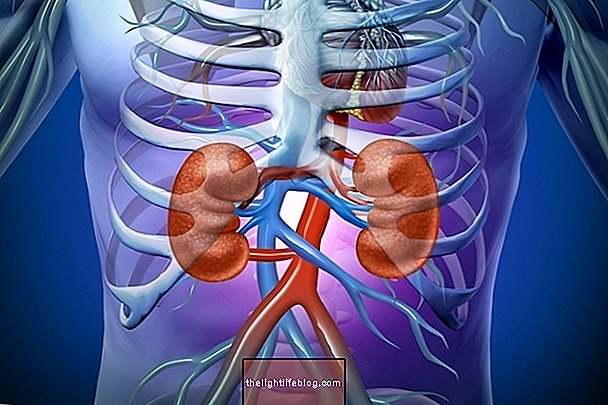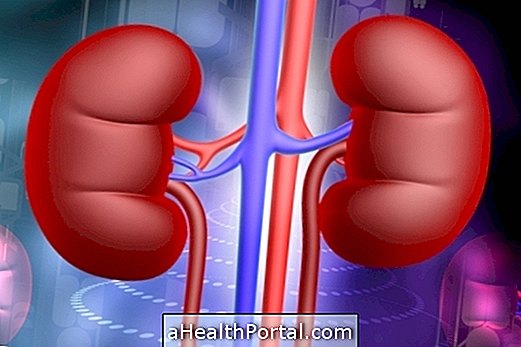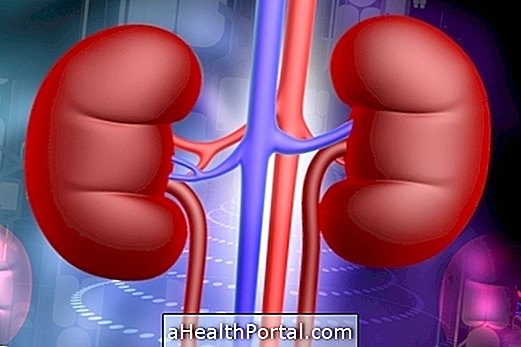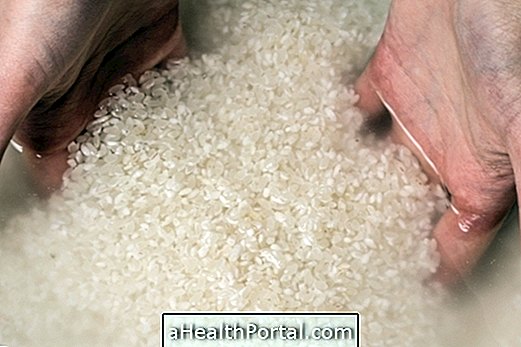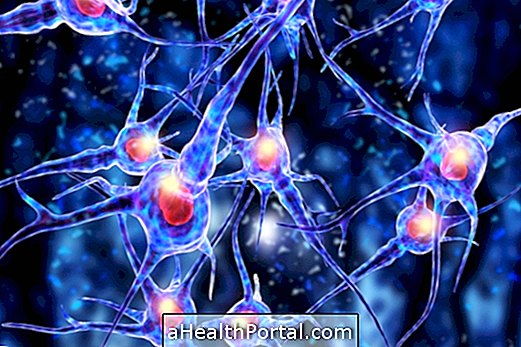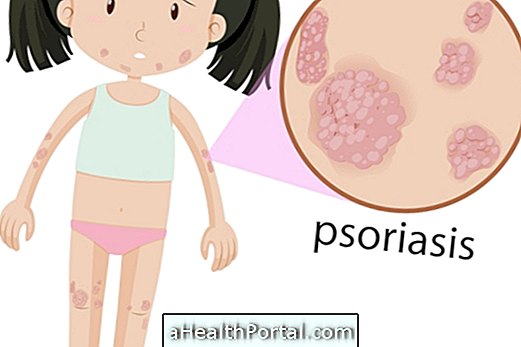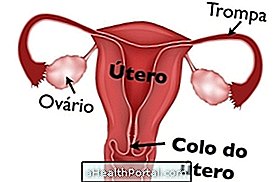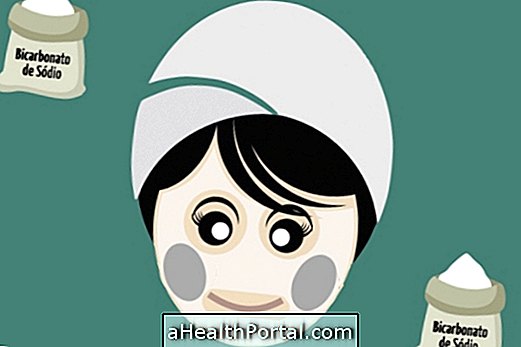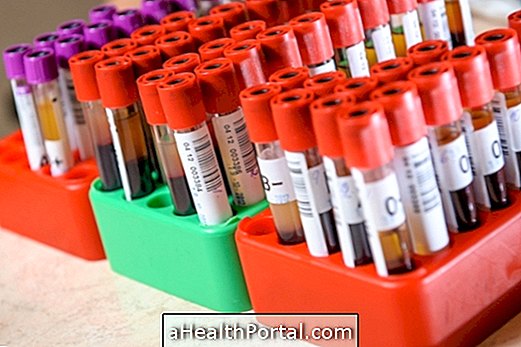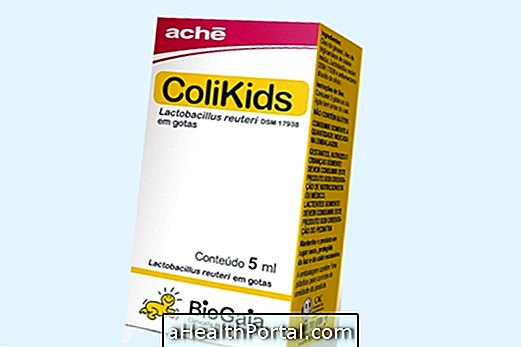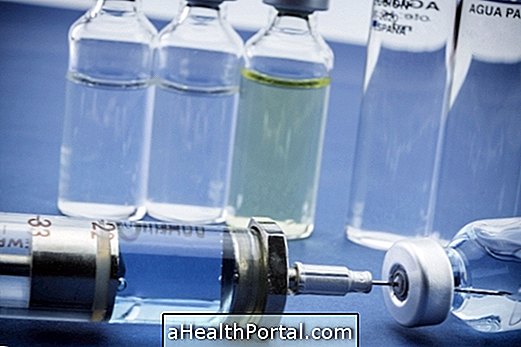Nephrotic syndrome is a kidney problem that causes excessive protein excretion through the urine, causing symptoms such as foamy urine or swelling in the ankles and feet, for example.
Generally, the nephrotic syndrome is caused by constant injuries in the small blood vessels of the kidneys and therefore can be provoked by several problems, such as diabetes, lupus erythematosus, heart disease or HIV. In addition, it can also arise due to overuse of some medications, such as non-steroidal anti-inflammatory drugs.
The nephrotic syndrome has healing in cases where it is caused by problems that can be treated, however, in other cases, although there is no cure, the symptoms can be controlled with the use of medicines and an adapted diet. In the case of congenital nephrotic syndrome, it is necessary to perform dialysis or kidney transplantation to achieve cure of the problem.
Diet for nephrotic syndrome
The nephrotic syndrome diet helps relieve the symptoms caused by the problem and prevent further kidney damage. Thus, it is recommended to eat a balanced diet, but poor in salt or greasy foods, such as fried foods, sausages or industrialized foods, for example.
However, the diet should always be individually oriented by a nutritionist according to the symptoms presented. Here's how to replace salt in food: How to reduce salt intake.
Diagnosis of nephrotic syndrome
The diagnosis of nephrotic syndrome is usually made by the nephrologist, in the case of the adult, or by a pediatrician, in the case of the child, through observation of the symptoms and use of diagnostic tests, such as urine tests, renal biopsy or blood, for example.
Treatment for nephrotic syndrome
Treatment for nephrotic syndrome should be guided by a nephrologist and usually includes the use of medications to relieve the symptoms caused by the syndrome, which include:
- High blood pressure medicines such as Captopril or Benazepril: lower blood pressure and reduce the amount of protein eliminated in the urine, relieving bloating through the body;
- Diuretics, such as Furosemide or Spironolactone: increase the amount of water eliminated by the kidneys, decreasing the swelling caused by the syndrome;
- Remedies to reduce the immune system, such as corticosteroids: help decrease inflammation in the kidneys, relieving symptoms.
In addition, in some cases it may also be necessary to take medicines to make blood more fluid, such as Heparin or Warfarin, or remedies to lower cholesterol levels, such as Atorvastatin or Fluvastatin, to avoid the onset of complications such as embolism or renal failure, for example.
